detail profile tadeusz gwiazdowski
Peran Yang Di Mainkan Tadeusz Gwiazdowski
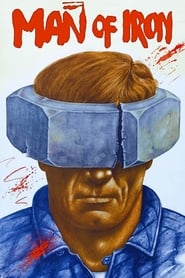 In Warsaw in 1980 the Communist Party...
In Warsaw in 1980 the Communist Party...Man of Iron 1981
In Warsaw in 1980, the Communist Party sends disgruntled radio reporter Winkel to Gdańsk to dig up dirt on the shipyard strikers - particularly on Maciek Tomczyk, an independent labour union leader whose father was killed in the December 1970 protests. Posing as sympathetic, Winkel interviews the people surrounding Tomczyk, including his detained wife, Agnieszka.
 More documentary in its approach than...
More documentary in its approach than...Wizja lokalna 1901 1981
More documentary in its approach than dramatized history, this is a compelling story about a 1901 children's strike in Wrzesnia near the Polish border with Prussia. Poland was partitioned at this time, and a rigidly patriotic Prussian teacher in Wrzesnia follows the dictates of the Germans in parliament and insists that the children be taught their religion classes in German. When the children refuse to take part in the classes, they are supported by the local priest, but that does not save them from being beaten. They are also kept after school and tormented in other ways as well. Newspapers, parents, and the nation as a whole get involved, transforming a simple children's strike into a national incident.
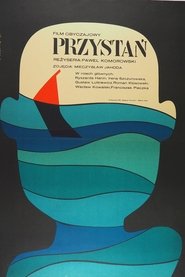 Settlers from various parts of Poland...
Settlers from various parts of Poland...Przystań 1971
Settlers from various parts of Poland come to the Vistula Spit just after WWII. They are learning the difficult profession of fishing. The skipper Bosak and his wife are doing the best, but their peace is broken when their cousin Joanna comes to them, for whom the skipper loses his head .
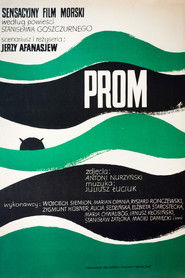 1945 A packed ferry drifts down the...
1945 A packed ferry drifts down the...Ferry 1970
1945. A packed ferry drifts down the Vistula after its tow rope snaps. Only a single militiaman sees notices the ferry and organizes a rescue before the it drifts into the Gdańsk Bay, which is still full of mines.
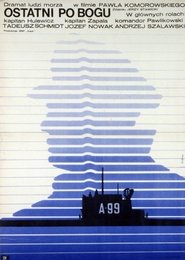 Tensions rise between a crew of...
Tensions rise between a crew of...Ostatni po Bogu 1968
Tensions rise between a crew of a submarine when an accident causes it to settle at the bottom of the sea.
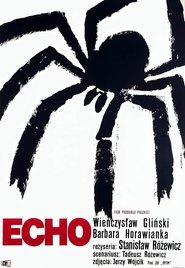 It seems that nothing can ruin...
It seems that nothing can ruin...Echo 1964
It seems that nothing can ruin Henryk’s (Wieńczysław Gliński) happy life. He’s a respected lawyer with a loving son and wife. One day, he receives a letter from the prosecutor’s office. He’s accused of collaborating with the Gestapo. It’s an echo of his past under occupation.
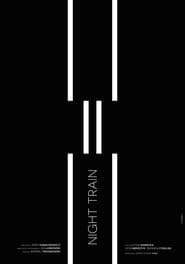 Two strangers Jerzy and Marta accidentally...
Two strangers Jerzy and Marta accidentally...Night Train 1959
Two strangers, Jerzy and Marta, accidentally end up holding tickets for the same sleeping chamber on an overnight train to the Baltic Sea coast. Also on board is Marta's spurned lover, who will not leave her alone. When the police enter the train in search of a murderer on the lam, rumors fly and everything seems to point toward one of the main characters as the culprit.
 Based on a true story of...
Based on a true story of...Eagle 1959
Based on a true story of Polish submarine "Orzel" (The Eagle): September 1939, "Orzel" is coming to Estonian neutral harbor in Tallin. Under pressure from Germany Estonians have intern the ship. Commander Grabinski decides to escape to England through the Baltic Sea, without any maps that has been confiscated and with only small amount of fuel on board.
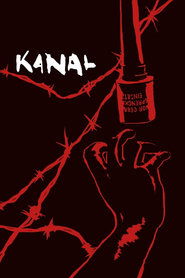 During the last few days of...
During the last few days of...Kanal 1957
During the last few days of the Warsaw Uprising following World War II, a modest group of Resistance members remains. The band must take refuge in the sewers under the orders of leader Zadra, but it's only a matter of time before they will have to emerge. However, when they try, they are met only with intense hostility from the Nazis. Despite their attempts stay resolute through immense mental strain, it becomes increasingly apparent that they may be doomed.
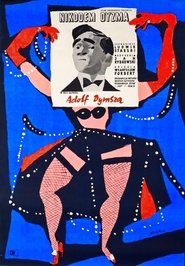 Nikodem Dyzma is a poor dancer...
Nikodem Dyzma is a poor dancer...Nikodem Dyzma 1956
Nikodem Dyzma is a poor dancer who comes to Warsaw to find a job. The problem is that nobody wants to hire him. One day he finds an invitation to the party with very important people and decides to attend. A small accident at the party makes him the hero of the night and becomes the beginning of his career.

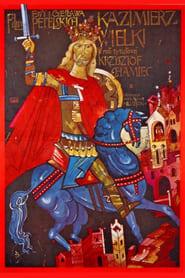 The life and reign of Polish...
The life and reign of Polish... Two teenagers who have ran away...
Two teenagers who have ran away... After completing a project a shipbuilder...
After completing a project a shipbuilder...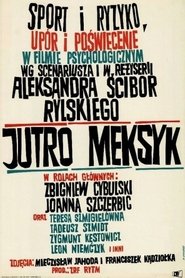 A disqualified trainer of water jumpers...
A disqualified trainer of water jumpers... A group of juvenile delinquents working...
A group of juvenile delinquents working...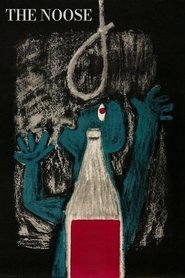 A day in the life of...
A day in the life of...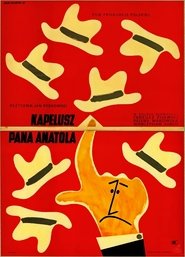 Anatol Kowalski is an old man...
Anatol Kowalski is an old man...